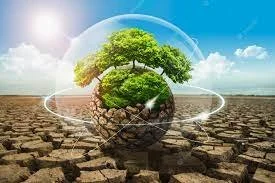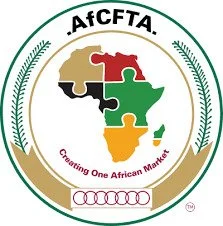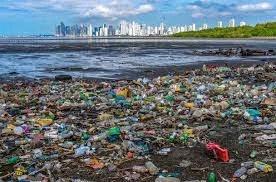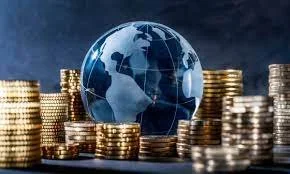Africa stands at a critical juncture in its history, with a rapidly growing youth population that presents both challenges and opportunities. As the continent grapples with pressing issues such as food security and economic development, it is crucial to harness the potential of this demographic dividend to achieve inclusive growth. By empowering Africa’s youth and creating an enabling environment, we can transform the continent’s food systems and unlock its economic potential.
Diversity, Equity, and Inclusion for the Youth: Why it Matters
The values of diversity and inclusion are no longer just buzzwords for policy-makers, the public service, and other governmental or non-governmental institutions. When these organizations truly embody such values, it not only ensures representation of the society they serve and limits groupthink but also fosters public trust, equity, accessibility, transparency, and impartiality.
Global Recovery From COVID-19 Pandemic | Solving Climate Crisis
“There is no vaccine for the planet. Nature needs a bailout,” warned UN Secretary-General António Guterres, describing the state of the planet in a speech at Columbia University in New York in December 2020. He identified global recovery from the COVID-19 pandemic as an opportunity to solve the climate crisis and make peace with nature, using the SDGs and the Paris Agreement on climate change as a blueprint.
SDG Knowledge Hub Data And Review On Their Top Read Stories
At this time of year, SDG Knowledge Hub decided to look back at their most-read stories for 2021. This look back reminded them of how far they had come and helped to set their agenda for the following year. As in past years, global assessments and data stories topped the list of the ten most-read stories on the SDG Knowledge Hub. The most-read news story was a review of the findings in the annual World Population Data Sheet from the Population Reference Bureau. This year, they highlighted the 2021 Population Data Sheet Highlighted Declining Fertility Rates.
The African Continental Free Trade Area(AfCFTA) First Month Of Trading
The African Continental Free Trade Area (AfCFTA) has wrapped up its first month of trading, having kicked off at the start of the new year. The nascent and wide-reaching trade area will be watched closely given its scope, size, and potential development impacts, along with what it means for existing regional communities and trading ties with other partners.
WTO Contribution To Global Food Security
A few years ago, trade negotiators pacing the corridors of the World Trade Organization (WTO) would not have expected a war in Europe, a global pandemic, and a global food crisis to dominate discussions at a WTO Ministerial Conference. The Food and Agriculture Organization of the UN (FAO) has reported that world hunger increased in 2020 under the shadow of the COVID-19 pandemic. Zooming into the Black Sea, the closure of Ukrainian ports amidst the Russian invasion does not bode well for net food-importing countries across the globe.
Environmental Conservation From Global Plastic Pollution
The challenge is the growing global plastics pollution problem that defies efforts by individual countries to stem the tide. According to the Organisation for Economic Co-operation and Development (OECD), global plastic production doubled from 2000 to 2019, from 234 million tonnes (Mt) to 460 Mt, while plastic waste more than doubled during the same period, from 156 Mt to 353 Mt. In 2019 alone, 22 Mt of plastic material leaked into the environment. By 2019, 109 Mt had accumulated in rivers and 30 Mt in oceans.
Reviving Financial Systems After Crisis | COVID-19 Pandemic | Climate Change
The world is facing unprecedented challenges. The COVID-19 pandemic, conflicts, food and energy insecurity, and the triple crisis of climate change, pollution, and biodiversity loss have derailed progress on the SDGs. Crippling sovereign debt has further deepened the divide between developing and developed countries, putting inclusive and sustainable development at risk.
Inclusive Information Ecosystem | Information Integrity on Digital Platforms
While digital platforms and new technologies such as artificial intelligence (AI) have transformed our social, cultural, and political interactions by connecting, informing, and engaging people, they have also enabled the spread of lies and hate through mis- and disinformation, which can lead to violence and death and jeopardize democratic institutions and human rights. Some platforms have even faced criticism for their role in conflicts, including the war in Ukraine.
Connecting The World Through Digital Cooperation
In 1991, the world was on the verge of a digital revolution. Technologies previously accessible only to governments and research institutions, such as personal computers, mobile networks, and, of course, the Internet, were about to end up in everyone’s homes. Fast forward to 2023, what started as a communication revolution to empower people with access to information is now a data, technological, and surveillance revolution.










